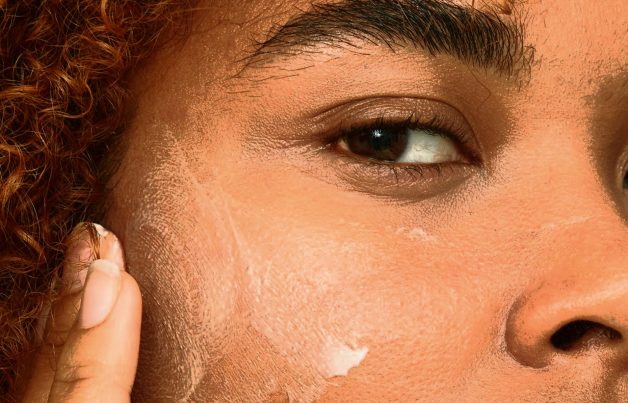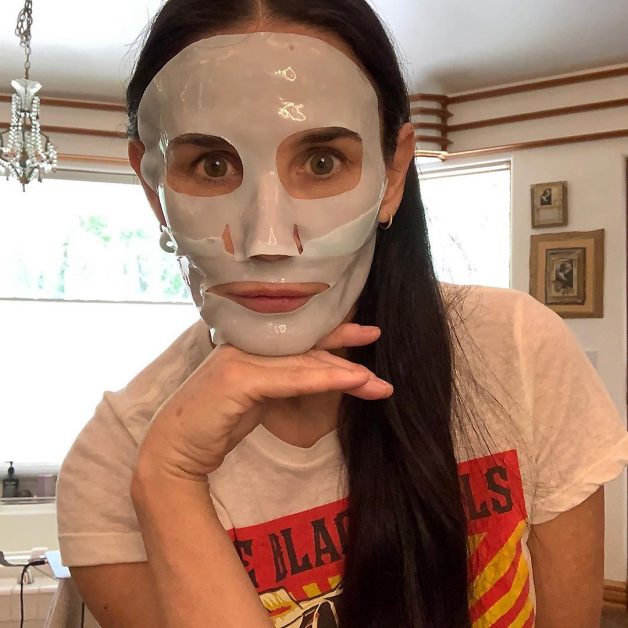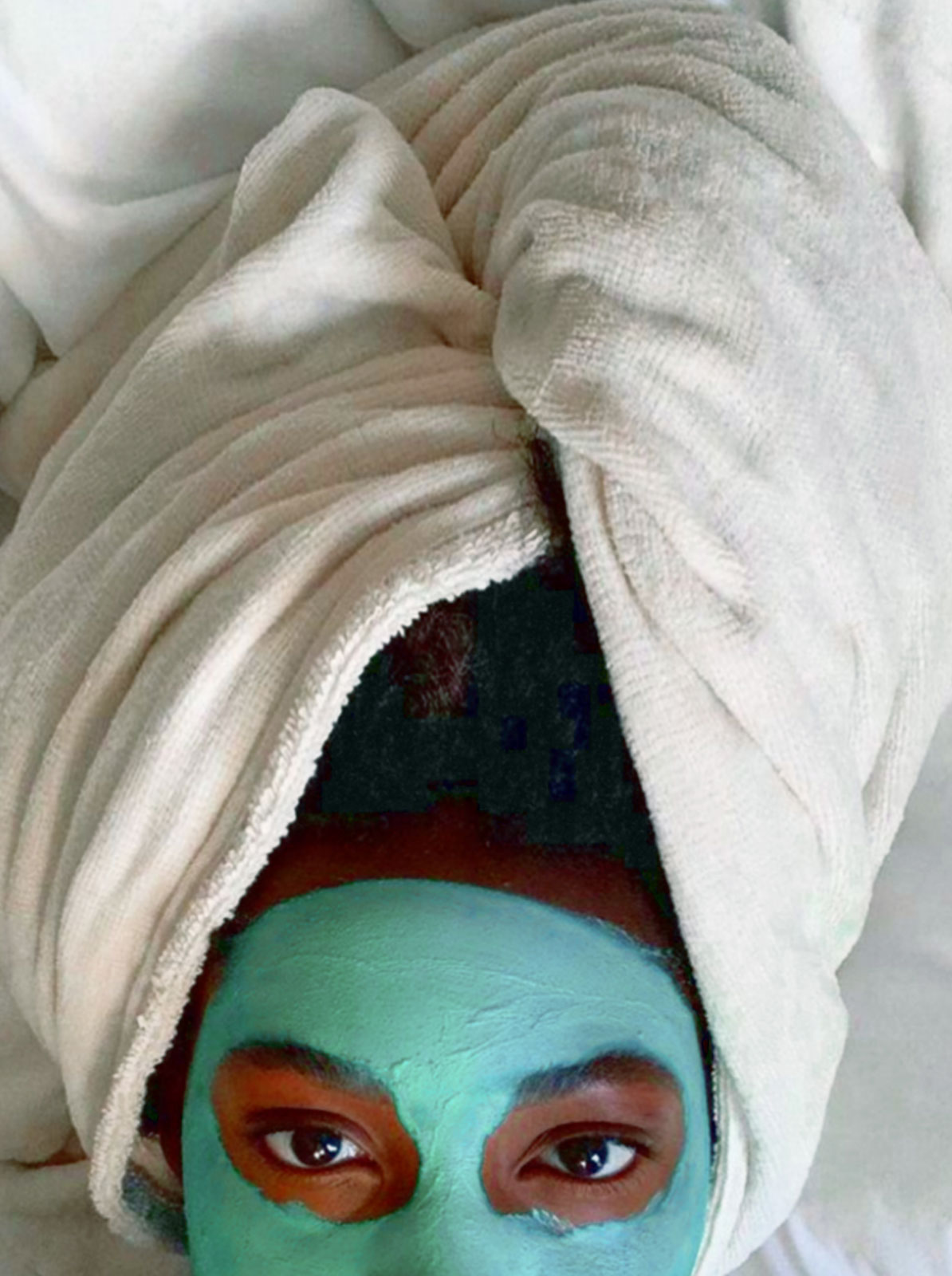
THE SEXUAL TENSION BETWEEN COLLAGEN&OUR SKIN
DENIZ AKKAYA
Collagen is the most abundant protein in the body; It plays a major role in muscle building and repairing cells.
This protein, which looks like a rope, strengthens the skin and gives it elasticity. Collagen is found not only on the skin, but also throughout the body. There are at least 28 different types of collagen, but more than 90% of the collagen in our body is the first type. It is found in the skin, tendons, blood vessels, organs and bones. Essentially, it works like glue to bind the tissue together.
Our skin constantly produces fresh collagen, and as it is damaged, it consumes this collagen and produces a new ones. But as with everything else, our collagen production begins to decline as the years go by. Collagen production decreases with age when exposed to UV radiation and environmental stressors such as smoking and pollution. Generally, the decline in collagen production begins in our twenties and decreases by about one percent each year.
However, it is possible to take back the collagen you lost in the natural process in various ways and reverse the hourglass!

Daily use of sunscreen
UV exposure plays an important role in the deterioration of our collagen levels. If you’re paying attention to your UV protection and using sunscreen daily, whether it’s cloudy or not, you’re taking the biggest step in recovering your collagen.

You are what you eat
Marrowbone broth anyone? Bone broth made from collagen-rich bones, is broken down into amino acids in the gut. These are then used as building blocks to produce more collagen. The best sources of these amino acids include egg white, meat and cheese, while cabbage is a vegetarian option. Other supporting nutrients for collagen production include vitamin C, copper and vitamin A.
Exercise regularly
Increased oxygen and blood flow in the body with exercise makes the skin healthier. We all know that smoking damages our skin. Specifically, smoke and toxins limit collagen production, releasing free radicals that cause oxidative damage to the skin.
Excessive consumption of sugar can lead to glycation, a process that can cause collagen to become weak and brittle and therefore reduce its impact on skin elasticity and lead to premature signs of aging.

Can skin care make a difference?
Although collagen masks are one of the most hit skincare trends of recent times, collagen molecules are too large to penetrate the skin. Instead, your mask is more likely to contain ingredients that will support the skin’s collagen production. Ingredients such as retinol, for example, will incredibly support your collagen production. Apart from that, antioxidants such as peptide masks, vitamin C serum or masks will also seriously support your collagen production. Niacinamide, azelaic acid, resveratrol, vitamin E and green tea are among the other ingredients on the list. Although collagen cannot penetrate deep into the skin, it supports the skin in neutralizing free radicals and strengthening UV protection.

So, one should hardly rely on masks that make promises beyond “strengthen” or “supports” the skin. Collagen is found in the dermis, the thickest lower levels of the skin, and it is impossible for a paper mask to penetrate so deep.
![]()





